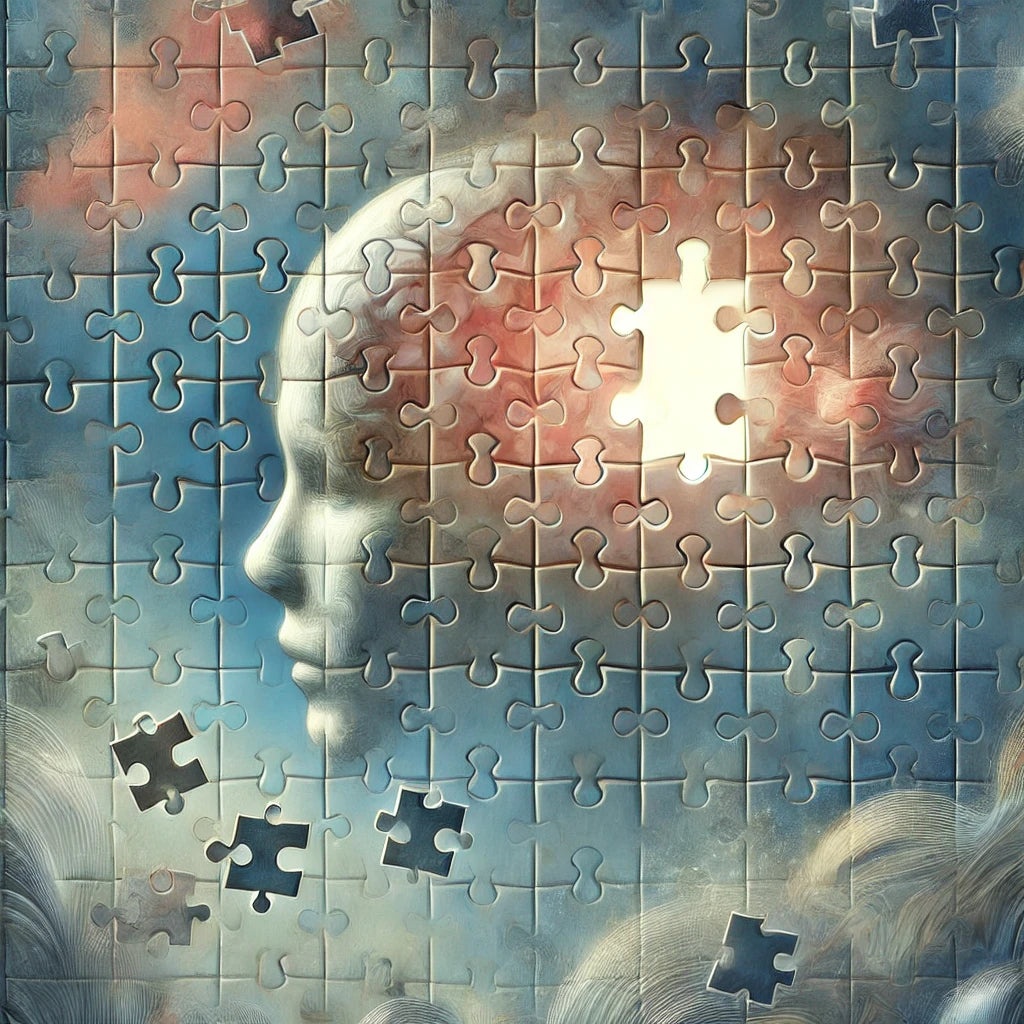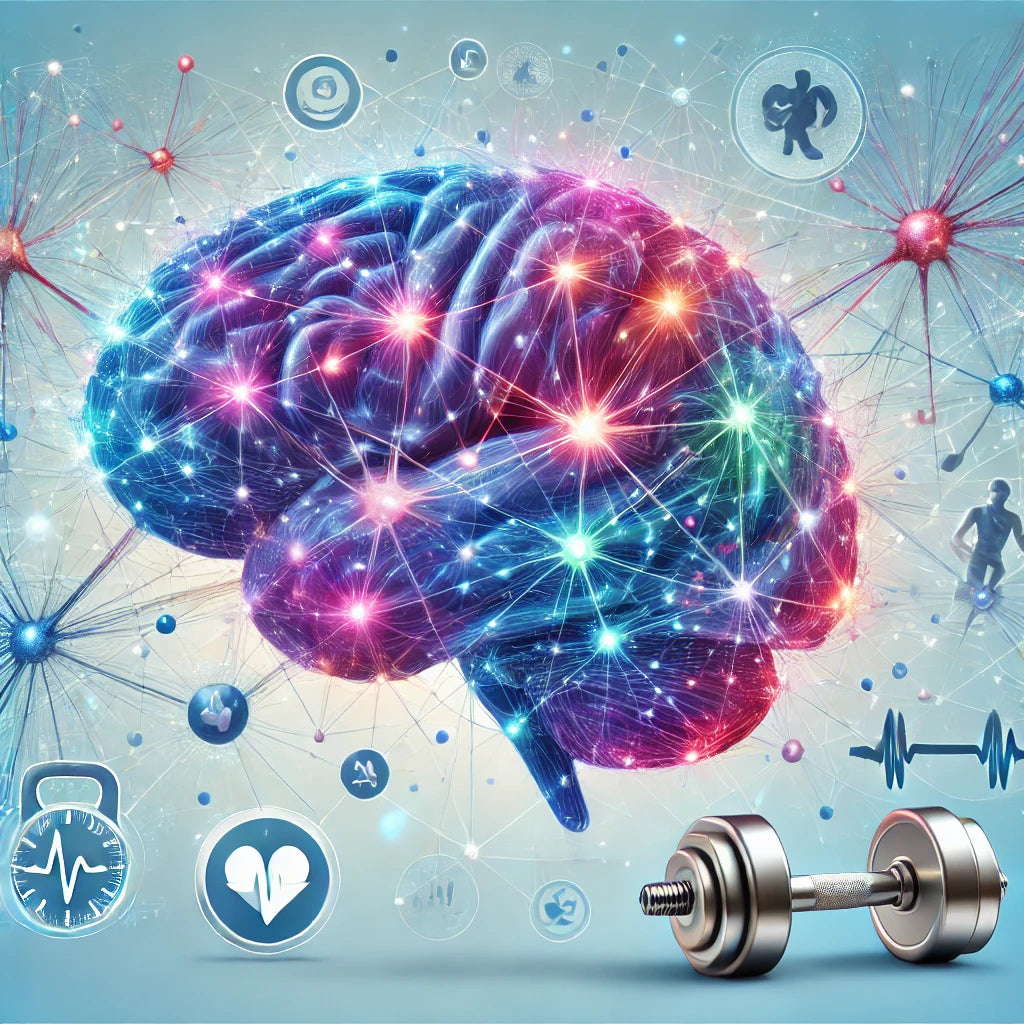News — cognitive therapy
Living with Fibromyalgia: Effective Strategies for Pain and Fatigue Relief
alternative therapies brain fog chronic pain cognitive therapy emotional balance fatigue relief fibromyalgia relief fibromyalgia support fibromyalgia tips fibromyalgia treatment healthy diet healthy lifestyle lifestyle adjustments manage fibromyalgia pain management pain reduction physical activity stress management
Fibromyalgia is a chronic condition that affects millions of people worldwide, often leaving them feeling misunderstood and frustrated. Characterized by widespread pain, fatigue, and cognitive difficulties, this condition can significantly impact daily life. While there’s no definitive cure, a variety of effective strategies can help manage the symptoms and improve overall quality of life.
Understanding the complexities of fibromyalgia and taking proactive steps to address pain and fatigue can empower individuals to regain control over their lives. By adopting a combination of medical treatments, lifestyle adjustments, and support systems, people living with fibromyalgia can experience relief and improve their well-being. This article explores practical and evidence-based strategies to help manage fibromyalgia symptoms effectively.
The Mind's Defense Mechanism: Dissociative Amnesia and Trauma
amnesia treatment cognitive therapy coping with trauma defense mechanisms dissociation dissociative amnesia emotional healing memory loss mental health psychological resilience PTSD stress and memory trauma and memory trauma impacts trauma-focused therapy
The human mind possesses remarkable ways of protecting itself from distress, and dissociative amnesia is one such defense mechanism. When faced with severe trauma, the brain can temporarily shield an individual from overwhelming memories by making them inaccessible. Dissociative amnesia is a condition where a person loses memory of specific events, typically traumatic or stressful, as a way to cope with the emotional toll.
This condition is not merely about forgetting but represents a profound, unconscious effort to block out painful experiences. While it serves as a protective barrier in the short term, dissociative amnesia can lead to long-term challenges, including fragmented memories and emotional distress. Understanding this mechanism sheds light on how trauma impacts the mind and offers pathways to healing and recovery.
Train Your Brain, Tame Your ADHD: The Power of Neurofeedback
ADHD ADHD in adults ADHD management ADHD solutions ADHD treatment attention deficit brain training brainwaves cognitive therapy focus mental health Neurofeedback neurofeedback benefits neurofeedback for kids non-medication ADHD treatment
For those living with ADHD, the world can feel like a constant battle for focus. The brain seems to jump from one thought to another, making it difficult to concentrate, finish tasks, or manage emotions effectively. Traditional treatments like therapy and medication help many, but innovative approaches such as neurofeedback are now transforming the way ADHD is managed.
Neurofeedback is a non-invasive technique that uses the brain's natural ability to change and adapt. By providing real-time feedback on brainwave activity, this therapy helps individuals train their brains to operate more effectively, reducing ADHD symptoms like impulsivity, hyperactivity, and lack of focus. Let’s explore the power of neurofeedback and how it can help tame ADHD.
Exercise and Brain Plasticity: Enhancing Cognitive Health Through Physical Activity
aerobic exercise BDNF brain function brain plasticity cardiovascular health cognitive health cognitive resilience cognitive therapy endorphins exercise benefits hippocampus memory improvement mental agility mind-body exercises neurogenesis neuroplasticity neurotransmitters strength training stress reduction synaptic plasticity
Physical activity and cognitive health have a closer link than many realize, with mounting scientific evidence that exercise can profoundly impact brain plasticity and overall cognitive well-being. Brain plasticity, or neuroplasticity, is the brain’s remarkable ability to adapt, form new connections, and reorganize itself in response to learning and experience. The benefits of exercise extend beyond physical fitness; they stimulate mental agility, improve memory, and even bolster emotional health. Here, we’ll explore how exercise triggers neuroplasticity and the positive effects this has on the brain's structure and function.




